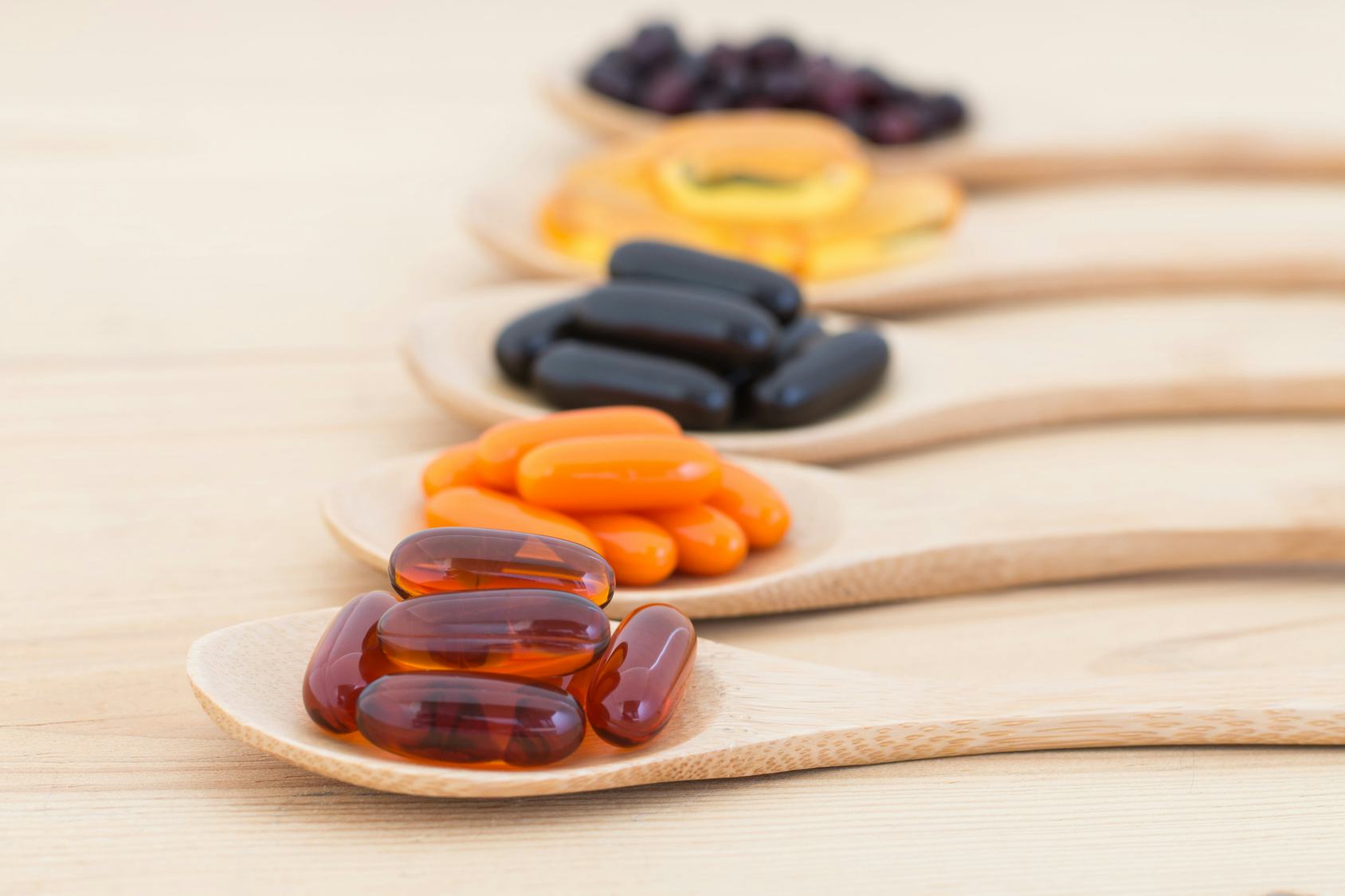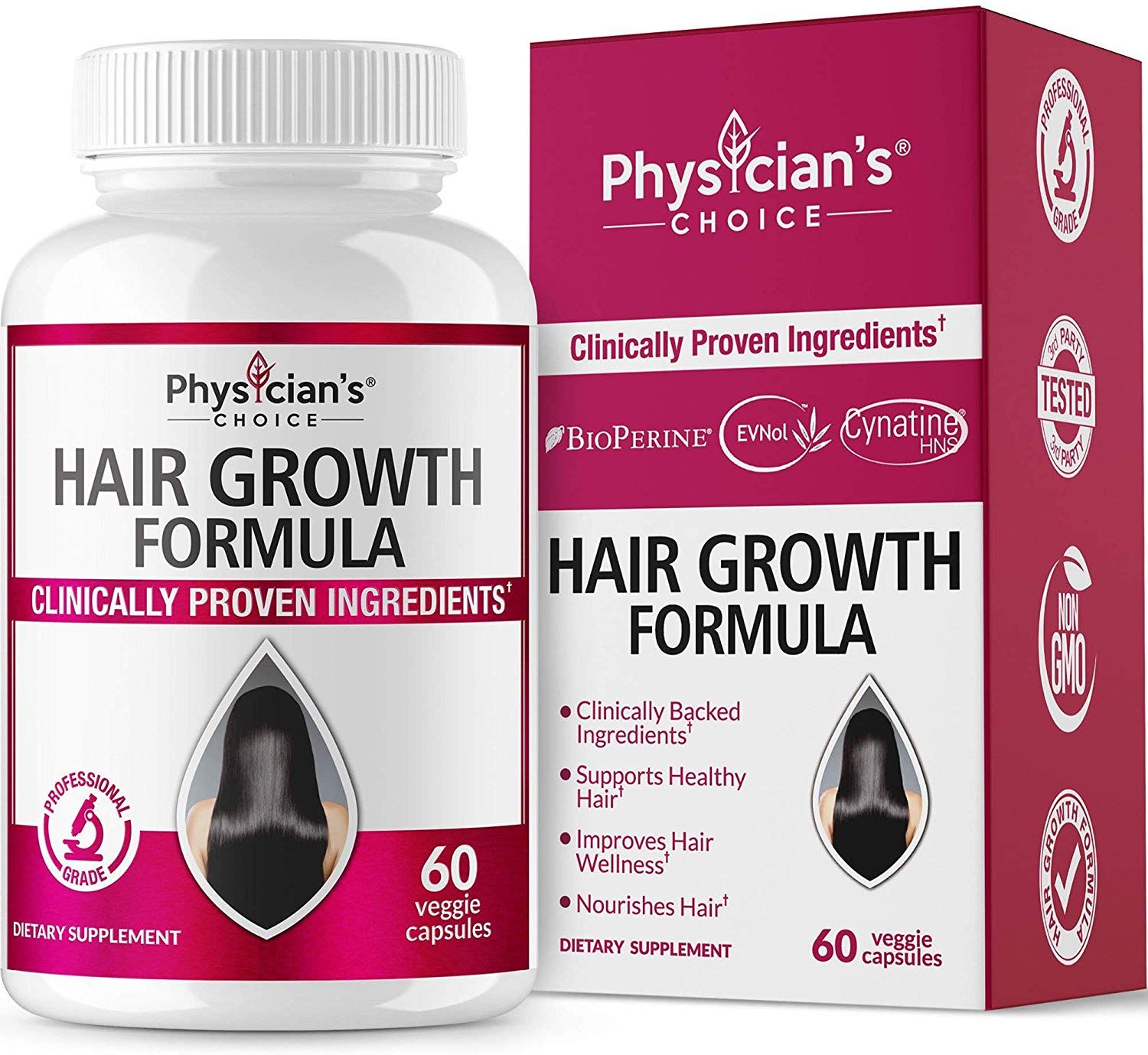Best Vitamins for Hair Growth in 2023
Table Of Content

These gummy vitamins feature an all-star blend of vitamins A and C, as well as biotin and zinc to support all of your beauty needs—including healthy hair growth. The chewables boast a sweet strawberry flavor that's easy to stomach, too. There are many other underlying reasons for hair loss or lack of hair growth including not eating enough protein as well as common health issues like thyroid disease and overall hormonal imbalances, explains Puello. If you have an underlying nutrient deficiency or aren’t getting enough of a nutrient in your diet, taking a supplement to correct that deficiency can likely support hair growth.
Biotin (Vitamin B
Jessica Booth is a New York-based freelance writer who regularly writes about health, wellness, parenting, food, travel, beauty and more for a variety of publications. She currently writes for Forbes Health, Insider, The Daily Beast, Brides, Redbook, Woman's Day, Women's Health, Scary Mommy, Romper and Life Savvy. Her byline has also appeared on Refinery 29, Cosmopolitan, Delish, Greatist, The Inventory, and Bustle. She previously worked as the editor-in-chief of Gurl.com, part of Defy Media. While wrinkles and aches are a part of the aging process, you may be wondering if low collagen is to blame for your ailments.
What’s the difference between a serum and a supplement?
So before you order a bottle of vitamins, set up an appointment with your doctor to discuss your hair goals and come up with a plan that can actually lead to longer, thicker hair. Unfortunately, there isn’t a definitive answer on whether biotin (AKA vitamin B7) really helps hair growth, and every dermatologist we spoke with was on the skeptical side. We consulted two dietitians and three physicians for guidance on choosing the best vitamins for hair growth. They provided insights on the health benefits of vitamins for hair growth, what to look for, and who can most benefit from them.
12 Best Collagens for Hair Growth (Tested & Reviewed 2024) - Cosmopolitan
12 Best Collagens for Hair Growth (Tested & Reviewed .
Posted: Tue, 30 Jan 2024 08:00:00 GMT [source]
Best Vitamin D for Hair Growth
Damaged skin on the scalp can result in poor hair quality and fewer hair follicles (18). People with concerns about hair loss can visit a dermatologist to determine the cause of any hair growth problems. We previously covered the launch of OUAI's updated vegan formula for its popular Thick & Full hair supplements, which aim to strengthen hair over the course of two months of consistent use. Additionally, hair, skin, and nail vitamins often contain proprietary blends, and manufacturers don’t disclose the exact amounts of the ingredients used in the blends. If the product contains proprietary blends of ingredients you have to be cautious of, it may be best to choose a different product.

Iron fuels the production of hemoglobin, a protein found in your body's red blood cells. These cells distribute oxygen to cells throughout your body, aiding in their repair and growth. An iron deficiency can lead to hair loss, with women being the most susceptible.
What vitamins are good for hair growth?
Each capsule contains ingredients like biotin and pea shoot extract, both of which support natural keratin production, strengthen strands, and prevent breakage in as little as 60 days, according to the brand. “A prenatal vitamin has the nutrients you need to support hair growth in high enough concentrations,” she says. “Many of my patients whose hair is thinning are missing iron,” she says.

The FDA doesn't regulate dietary supplements but a few verifications help ensure the product you're buying is safe to use. Each bottle of Nutrafol contains vitamins A, C, D, biotin, iodine, zinc and selenium. In addition, there are 1,680 mg of Nutrafol's Synergen Complex and 530 mg of Nutrafol Blend. If you’re going to try topical minoxidil, just know you need to be consistent—use it every single day until…forever. And if you’re dealing with irritation or you’re not seeing results after a few months, head to your derm for prescription options (more on that below).
Ritual Essential Postnatal Multivitamin
It features vitamins B12 and B6 to reduce hair shedding while boosting shine and promoting thicker growth from the inside out. Although the right growth vitamins can help mitigate hair loss with continued use, professionals advise speaking with an expert to find out the true root cause to prevent more thinning in the long run. If you're unsure what's causing your hair thinning, Sheikh advises consulting an expert to determine the origin of hair loss, and collaborate on a solution that works best for your needs. "Vitamins usually only work if there is a deficiency in the first instance," Sey says. "Most people are deficient, and it's important for many vital functions within the body."
Golde Coconut Collagen Boost
Follow her on Instagram for makeup selfies and a new hair 'do every few months. Beyond this, you’ll want to address any underlying medical reasons for hair loss, such as thyroid disorders and hormone imbalances, digestive disorders leading to poor nutrient absorption, medications, or other medical conditions. Designs for Health B-Supreme is NSF Contents Certified, dairy-free, soy-free, gluten-free, and vegan, making it a great B-vitamin-only option for most people. This may be important for people who can't easily convert nonactive forms of folate and vitamin B12, which are often found in some lower-priced B supplements. If you or someone you know has questions about hair loss, a helpful first step is talking with a healthcare professional to help determine what’s causing the hair loss and create a treatment plan based on your individual needs. Collagen is a type of protein that contains amino acids that can be used to build keratin, the protein found in hair.
Luckily, there are tons of vitamins and hair growth supplements on the market that can help. Most vitamins marketed to support hair growth are a combination of the vitamins and minerals that play a role in hair development including vitamins A, C, E, D, B vitamins, iron, and zinc. Each of these vitamins and minerals comes in different forms, and we’ve noted if there is a better form or type under each supplement above. So, if you’re losing hair, a healthcare provider may check your blood iron levels.
If your hair has looked a little thinner lately, reach for this hydrating shampoo. The formula boasts moisturizing aloe vera and argan oil, rosemary leaf oil to support hair growth, and vegan marine collagen — which is rich in amino acids that help make keratin. Han also strongly recommends looking for shampoo that contains amino acids, which are the building blocks of healthy hair. This product features the amino acid histidine — which according to research, may help to improve hair strength. A 2017 study found that a large majority of people with hair loss have a histidine deficiency.
Zinc supplements may reduce hair loss by bringing low nutrient levels into the normal range. Prenatal vitamins or prenatal multivitamins often include vitamins B12, C, D, E, iron, zinc, folic acid, calcium, thiamin and iodine. Of these, vitamin C, vitamin D, vitamin E, iron, folic acid and zinc are good for hair growth.
Since they contain fish collagen, Nutrafol supplements are not appropriate for vegans. Persona Nutrition is a vitamin delivery service that allows you to pick and choose which supplements you want to add to your daily routine. Plus, thanks to changes in hormones, people often notice extra hair shedding during their first year postpartum, but keep in mind that this is normal and expected. Also included is hyaluronic acid, which has been shown to help boost skin moisture.
Luckily, there are a multitude of over-the-counter options, including hair growth oils and shampoos, high-tech hair growth devices, and hair growth vitamins that work to help reduce thinning and encourage hair growth. A healthy diet with enough nutrients and protein provides the best support for hair growth. If you have low levels of zinc or iron, taking a supplement may help restore nutrient levels and promote hair growth. But if your levels of these minerals are already within normal range, then a supplement likely will not support hair growth or prevent hair loss. Unfortunately, hair loss around three to six months after delivery is completely normal. This phenomenon is called telogen effluvium, and it’s estimated that around 40% to 50% of women experience this shedding to some degree, according to Dr. Steven Line, MD.
Comments
Post a Comment